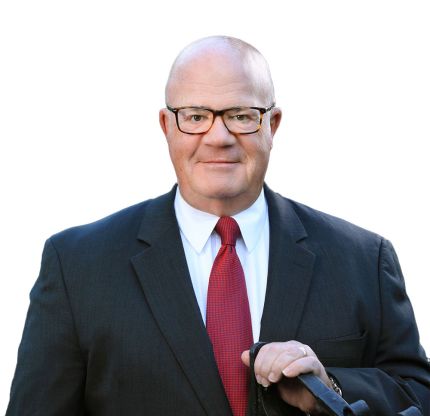

Families Aren’t Your Typical Consumer
 Many consider the advent of the Internet to have ushered in the “Age Of The Consumer.” The balance of power (inherently favoring the holder of information) has clearly shifted in a way that at least provides parity between vendor and customer. In the case of those unfortunate products and services which are considered commodities, the balance has shifted beyond parity to the consumer. DeathCare, with its preference for the conventional, is quickly moving toward becoming a commodity.
Many consider the advent of the Internet to have ushered in the “Age Of The Consumer.” The balance of power (inherently favoring the holder of information) has clearly shifted in a way that at least provides parity between vendor and customer. In the case of those unfortunate products and services which are considered commodities, the balance has shifted beyond parity to the consumer. DeathCare, with its preference for the conventional, is quickly moving toward becoming a commodity.
Seeing this trend, many in DeathCare are becoming convinced that the best strategy is to focus on price. Worse, since many practitioners can’t seem to give up their prideful need to provide higher levels of service, some are chasing the dual and suicidal strategy of price AND service. But what if treating families as the typical proactive, in control and well informed consumer could backfire… on them as well as you?
Most practitioners are really order takers. They ask families what they want and often simply deliver it to them. Even when they know it won’t meet their needs. A few brave souls in recent years have actually learned how they can differentiate themselves by bringing more VALUE by being more assertive in the arrangement conference. In other words, by being true professionals and taking a risk (which, it turns out, is minimal) by guiding families based on the provider’s expertise.
Taking orders and refusing to challenge families is wrong on at least two levels: 1) You are assuming they really have researched what they need emotionally and what they can afford economically. 2) You fail to offer a professional perspective relative to their needs and provide options they might consider.
I have come to believe that the single greatest fallacy practitioners maintain in their thinking is the belief that families actually like them and they have more to lose by challenging them than they have to gain.
I think the following three points are closer to the truth:
1) Families don’t want to be there: They are there because they have to be there. They have a dead body and are experiencing a variety of emotions. They want the issues (all of them) resolved and their lives returned to normal.
2) Families are not equipped to be there: How many times do people make funeral arrangements in their lifetime? Even though much information can be gleaned from the internet it is mostly technical in nature and they don’t have the tools nor do they have the specialized expertise to properly absorb the information our system asks them to absorb.
3) There are usually multiple persons involved: We forget that the process is complex and that most people in this setting are not independent decision makers. Automatically that means there are multiple perspectives to address, coalesce and focus. That takes a skill for which most practitioners have no training. Hence, it is safer to say nothing.
The solution is to avoid treating families as consumers. Think, instead, of how we can provide easy and simple tools with which they can understand and then act on the real needs they have. For example: The Mayo Clinic faced a similar challenge in its treatment of diabetes patients. It created a set of “Decision Cards” that reduced technical information to easy – to – understand graphics and very plain language so that patients could be informed about the risks, side effects and other items pertinent to their choice of treatment.
We effectively “Burden” the family with their final decision (regrets and all). Instead, families and practitioners should work together to find the right service for them. We need a mechanism for discussion around trade -offs to find the best course for everyone. Services need to be practical as well as affordable.
When we choose to assume a passive role we are treating our customers as consumers and making assumptions that we know are not generally true with today’s families. When we choose to become a professional expert we take an active role guiding people through the choices and trade – offs necessary to provide a meaningful and affordable tribute…even if it doesn’t include a casket.
Our Blogging Expert

Business Consultant / Owner
Popular Articles
